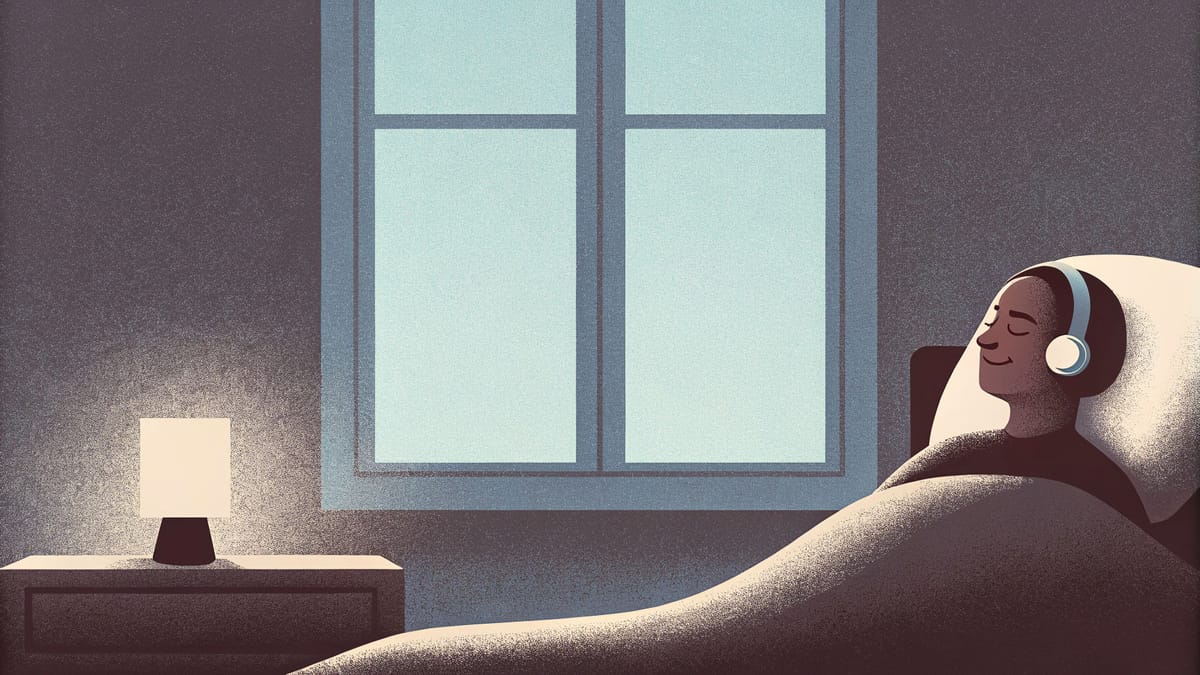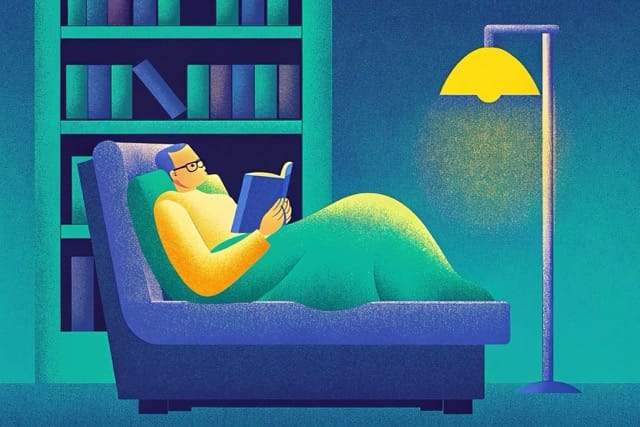Do Bedtime Stories Work for Neurodivergent Listeners (ADHD, Autism) and Their Benefits
Explore how bedtime stories can benefit neurodivergent listeners, like those with ADHD and autism, by fostering relaxation and improving sleep quality through engaging narratives tailored to individual sensory preferences.

Bedtime stories have long been a cherished tradition, but did you know they can be particularly effective for neurodivergent listeners, including children with ADHD and autism? These stories offer more than just entertainment—they provide a range of emotional, cognitive, and developmental benefits tailored to individual needs. Let’s explore how bedtime stories can make a world of difference for neurodivergent children and why they might be a game-changer in your nightly routine.

The Calming Effect Of Bedtime Stories
For neurodivergent children, winding down after a busy day can be a challenge. Bedtime stories offer a gentle way to transition from daytime activities to a state of relaxation.
Listening to a story can help slow down racing thoughts, reduce anxiety, and create a calming atmosphere before sleep.
The soothing tones of a storyteller combined with familiar characters and a predictable narrative structure can aid children with ADHD or autism in feeling more grounded. However, for this effect to work, it’s essential to choose stories that have a calming theme rather than overly exciting or suspenseful narratives.
How Storytelling Fosters Cognitive And Language Development
Storytelling isn’t just about relaxing; it’s also an excellent way to sharpen cognitive and language skills. Neurodivergent children often benefit from the enhanced imagination, creativity, and vocabulary-building opportunities that come with listening to stories.
Engaging with a wide range of characters and plots exposes children to language patterns, new concepts, and critical thinking scenarios. For instance, asking questions like "Why do you think the character did that?" can help children develop reasoning skills and language comprehension.
This makes bedtime storytelling an enriching experience that promotes cognitive growth over time.
Understanding Emotions Through Stories
For children on the autism spectrum, social and emotional understanding can be areas of difficulty. Bedtime stories often present scenarios that model empathy, friendship, and other relatable social experiences.
These narratives act as a gateway to understanding emotions and interactions in a low-pressure, safe environment. Stories depicting characters overcoming challenges or dealing with their feelings provide neurodivergent children with valuable insights.
Carefully chosen stories can serve as teachable moments, helping children improve their emotional intelligence and navigate social situations with greater ease.
Why Routines Are Crucial For Neurodivergent Kids
Many neurodivergent kids thrive on consistency and predictability, which makes having a structured bedtime routine invaluable. Incorporating bedtime stories into that routine can create a sense of safety and stability.
The act of listening to a familiar story each night allows the child to anticipate what comes next, reducing anxiety and creating a comforting rhythm.

Over time, this consistent practice can reinforce a positive association with bedtime, easing the transition from day to night.
How To Customize Stories For Personal Needs
One of the great things about bedtime stories is how easily they can be tailored to meet individual preferences and needs. Children with ADHD or autism might have unique sensitivities or interests, and choosing stories that align with these can make storytelling more effective.
Some might prefer tales with mindful breathing exercises subtly built into the narrative, while others may connect with stories where characters face challenges that mirror their own experiences.
Parents and caregivers can even create custom stories for a personal touch.
Bedtime Stories And Their Role In Sleep Hygiene
For children with ADHD, maintaining proper sleep hygiene is critical for managing symptoms. Bedtime stories can become a strategic component of an overall sleep hygiene routine.
Pairing storytelling with other sleep-friendly practices like dimming the lights, reducing screen time, and setting a consistent bedtime can prepare the brain and body for rest.
This multi-layered approach helps ensure that the child enters a state of relaxation more seamlessly, ultimately improving the quality of their sleep.
When Bedtime Stories Might Not Be The Best Fit
While bedtime stories can be incredibly beneficial, they’re not always the best fit for every child. Some neurodivergent children, particularly those with ADHD, might find stories overstimulating rather than calming.
This could be due to elaborate plots, high-energy narrations, or difficulties focusing. In such cases, alternatives like soft music, guided meditations, or sensory-friendly activities like weighted blankets may work better.
It’s about trial and error—each child is unique, and finding what resonates can take time.
Why Bedtime Stories Should Fit Into A Broader Sleep Strategy
While bedtime stories can be powerful on their own, they are most effective as part of a comprehensive sleep strategy for neurodivergent children.
This approach might include maintaining a consistent routine, minimizing electronic usage before bed, and integrating healthcare professional recommendations.
By combining bedtime storytelling with other calming practices, caregivers can create an environment conducive to restful sleep. This holistic strategy ensures all elements work in harmony, leading to improved sleep outcomes.
Key Takeaways
- Bedtime stories can help neurodivergent children calm their minds, develop language skills, and navigate emotions better.
- Customizing stories to meet specific needs or preferences is key to maximizing their benefits.
- They work best when integrated with a consistent sleep strategy that includes support from healthcare professionals if needed.